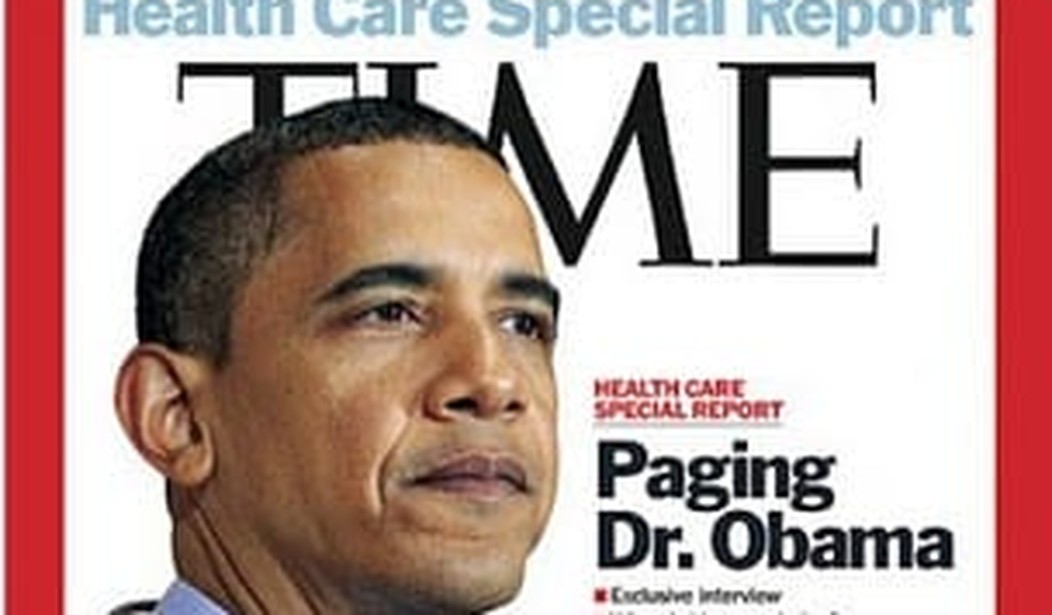Reps. Frank Guinta (R-N.H.) and Joe Courtney (D-Conn.) have called for the repeal of Obamacare’s “unfair” 40 percent tax on employee health benefits, which takes effect in 2018.
The tax would apply to health insurance expenditures above $10,200 per person and $27,500 per family.
“Employers that I am talking to are already restructuring plans and cutting benefits to avoid the tax. In reality, any employer, I would think, when faced with the issue of either paying a tax of 40 percent or trying to do something to minimize that, they are going to take the latter option, which is of great concern to me, not just for the employer but for the employee,” Guinta said on a conference call.
“Understand that this is not an integral part of the law. It was controversial from day one,” said Courtney, explaining that its original implementation was delayed to 2018.
Guinta and Courtney have introduced separate bills to abolish the tax.
PJ Media asked how the lawmakers plan to make up for the revenue the tax would generate.
“My bill does not have a pay-for on it. It’s a straight repeal because we have the expectation and anticipation that most people, when taken through the logic of the CBO [Congressional Budget Office] score, they find it is flawed. But that being said, if it’s important to members on both sides of the aisle to find a pay-for, then we will certainly look at that — but so far I have not encountered that problem,” Guinta said, referring to the Ax the Tax on Middle Class Americans’ Health Plans Act.
Courtney said the “Cadillac tax” is not something CBO has been able to determine with a “normal” analysis because the tax is based on a model that assumes people’s wages rising as benefits are degraded.
“That is an argument that explains why so many more Democrats have signed onto this bill because they realize this is just a pretty shady type of CBO score,” he said, referring to the Middle Class Health Benefits Tax Repeal Act.
Most recently, the CBO estimated the “Cadillac tax” would generate approximately $87 billion, which is $62 billion less than originally anticipated.
Guinta said the CBO scoring is flawed because the impact of the tax is not easily calculable.
“It’s nothing more than an estimate of what CBO thinks,” he said.









Join the conversation as a VIP Member